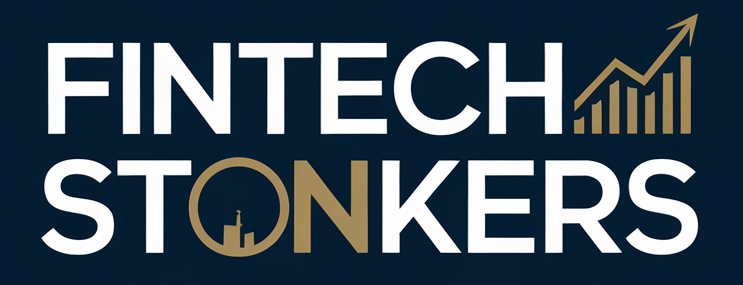In today’s complex financial landscape, its hard to strike a balance between what you love or dream to do, what you’re good at skills, and paying your bills can feel overwhelming.
The Japanese concept of “Ikigai” is a translation to “a reason for being”, which offers a unique implementation of personal passions with financial goals.
By systematically applying its principles, you can plan to have a fulfilling and sustainable financial plan.
1. Identify Your Passions
You must first identify your passions. This involves digging into your interest and hobbies to discover what truly excites you.
Question yourself:
– What brings you joy?
– What things you do to loose track of time
Working on reflecting these aspects allows you to determine an essential starting point.
Once you’ve pinpointed your passions, the next step is to envision how they could align with your financial objectives.
For examples, if you’re passionate about painting, think about how to monetize art, such as auction / selling online or possibly conducting personal art classes.
Recognizing your passion will not only give you ideas for how translate it financially but also motivate you to pursue avenues that allow you to be your true self.
2. Recognize Your Skills
The transition from your passion to skills is crucial to applying them to personal finance.
Recognizing your skills is acknowledging what you excel at whether than could be in a professional setting or personal talent.
Then work to identify and do a self assessment of how to market your skills.
These are typically hard or soft skills which include communication skills, problem solving expertise or technical knowledge.
Understanding your skills create opportunities.
For example, if you have graphic design skills, you can start freelancing for business that need visual content but also you can also design and sell print on demand items. These avenues are possible to enhance your earning potential.
This intersection between what you love and what you’re good at builds a solid foundation for your financial journey.
3. Meeting The World’s Needs
It is essential to see what the worlds needs in relation to personal finance. Utilizing your skills and passions with societal demands is key.
Whether you’re providing a service or product, filling this gap in a market that needs it, can lead to financial success.
For example, in the rapidly growing field of sustainable living, there is a demand for eco-friendly products and services.
If your passion lies in environmental conservation and you possess skills in product development, you could explore creating a business that caters to this need.
Create a purpose driven approach to earning by aligning your financial aspirations with societal demands.
4. Consider What You Can Be Paid For
Look into what you can be paid for having selling your passion, skills and meeting societal needs.
Reflect on how your passion and skills translate to financial opportunities. Whether its traditional employment, freelancing, or entrepreneurship, explore avenues that aligns with your Ikigai.
Create a list of potential revenue streams can be useful, through a full-time job, a side hustle, or entrepreneurial ventures.
What’s more, ensure you have a realistic understanding of the financial viability of your chosen paths.
Aligning your Ikigai with economic opportunities enhances your chances of not just fulfillment but think about long term financial stability.
5. Creating a Financial Plan
Outline your financial goals based on your passion, skills and what the world needs.
Develop a strategic roadmap that aligns with your framework and to achieve your aspiration.
This includes, setting clear objectives, establishing a budget, investing wisely, and continuously monitoring your progress.
You can use the SMART financial goals method (specific, measurable, attainable, relevant and time-bound) to help you in do this.
Your financial plan should encompass budgeting, saving and investing strategies, and ways to increase your income.
For example, if your Ikigai revolves around fitness, consider budgeting for certifications in personal training to enhance your earning potential.
6. Continuously Balancing and Adjusting
The act of maintaining balancing and having that adaptability is key after establishing a financial plan. Life is dynamic and situations change over time such as personal circumstances and the current job market.
Regularly reviewing and adjusting your financial plan is essential in the everchanging economic condition.
Striking a harmonious equilibrium between work, personal pursuits, and financial goals is essential for long-term satisfaction.
This is also important when it is related to your emotional, physical, and mental well-being.
7. Embrace the Journey
The process should be enjoyable and fulfilling rather than merely a means to an end.
As you navigate your financial landscape, take the time to celebrate your achievements and reflect on your growth.
Remember that true wealth begins with personal fulfillment. As your finances improve, continue to align your activities with your ikigai principles to maintain a purposeful and profitable life.
Conclusion
By following the steps outlined in this post—identifying your passions, recognizing your skills, understanding market demands, monetizing effectively, creating a financial plan, staying adaptable, and embracing your journey—you set the stage for a fulfilling financial future.
The path to achieving a balanced, purpose-driven financial life may be challenging, but it is undoubtedly rewarding.

